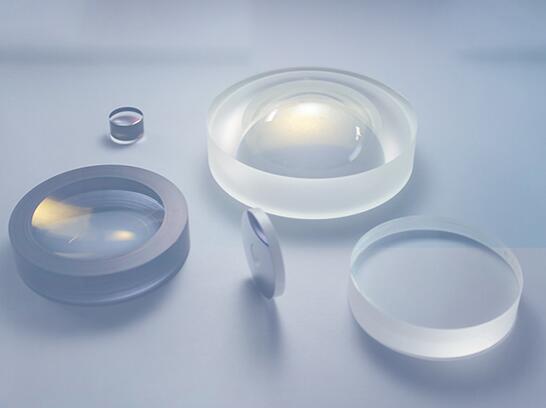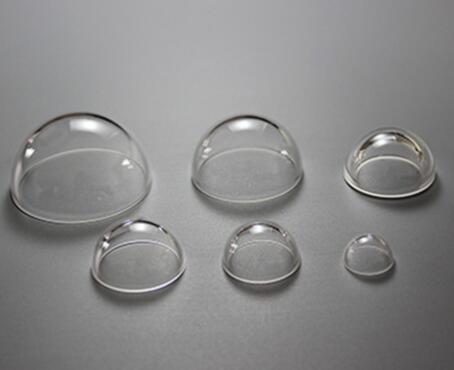Quartz vs. fused silica: what is the difference?
Quartz, fused silica, and fused silica are all part of a family of extremely pure materials with high working and melting temperatures, excellent optical properties, and low coefficients of expansion.
Although they are often used interchangeably, the basic structure and creation of quartz and fused silica are different. Both are highly specialized, but they differ in their specific manifestations.
Quartz
Quartz is a versatile natural substance with good electrical, optical and thermal properties as well as corrosion resistance. In the manufacturing process, quartz glass or fused silica is produced by melting and purifying particles of the natural material.
Key Characteristics
◮ Amorphous
◮ Non-crystalline products
◮ Low OH content
◮Made from natural crystalline quartz or silica particles
◮ Retains some residual impurities from raw materials (affects UV transparency)
Fused Silica
Fused silica is a completely synthetic material and is technically the purest glass available. It has the highest temperature characteristics of any glass and usually starts with pure silicon gas. Due to the way fused silica is manufactured, it has superior UV properties to natural quartz and is ideal for applications such as UV transmission optics.
Key Features
◮ Amorphous
◮ Cross-linked 3D structure
◮ Significant transparency to deep UV light
◮ Made from silica gas or silica sand (non-crystalline)
◮ Retains some residual impurities from water vapor during processing (affects IR transparency)
Summary
Remember to evaluate the key properties you need, even if you have narrowed your search to high performance materials. The key properties are:
◮ Extreme operating temperatures
◮ Normal operating temperature
◮ Thickness
◮ Maximum temperature, thermal shock
◮ Maximum temperature, thermal gradient
◮ Coefficient of thermal expansion
CLZ Precision Optics is one of China's leading optical manufacturing companies. We manufacture a wide range of optical components for many We manufacture a wide range of optical components for many different fields like Industrial Laser, Consumer products, Environmental Monitoring, Photography and Aerospace and R&D.
Check out our online resources for more information, or call the team for more insight -- we'll find the right optical component for your next project.


评论
发表评论